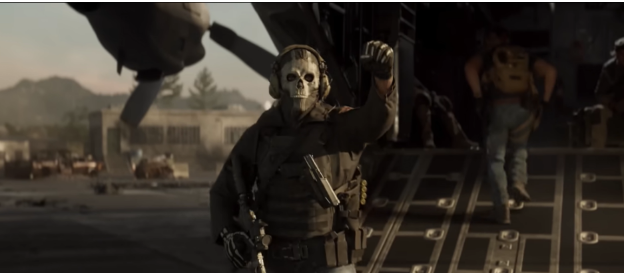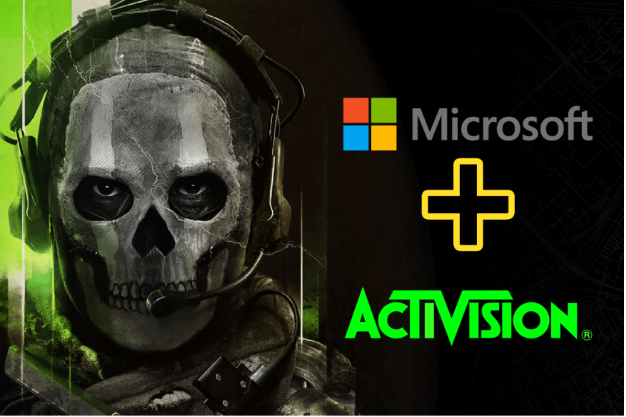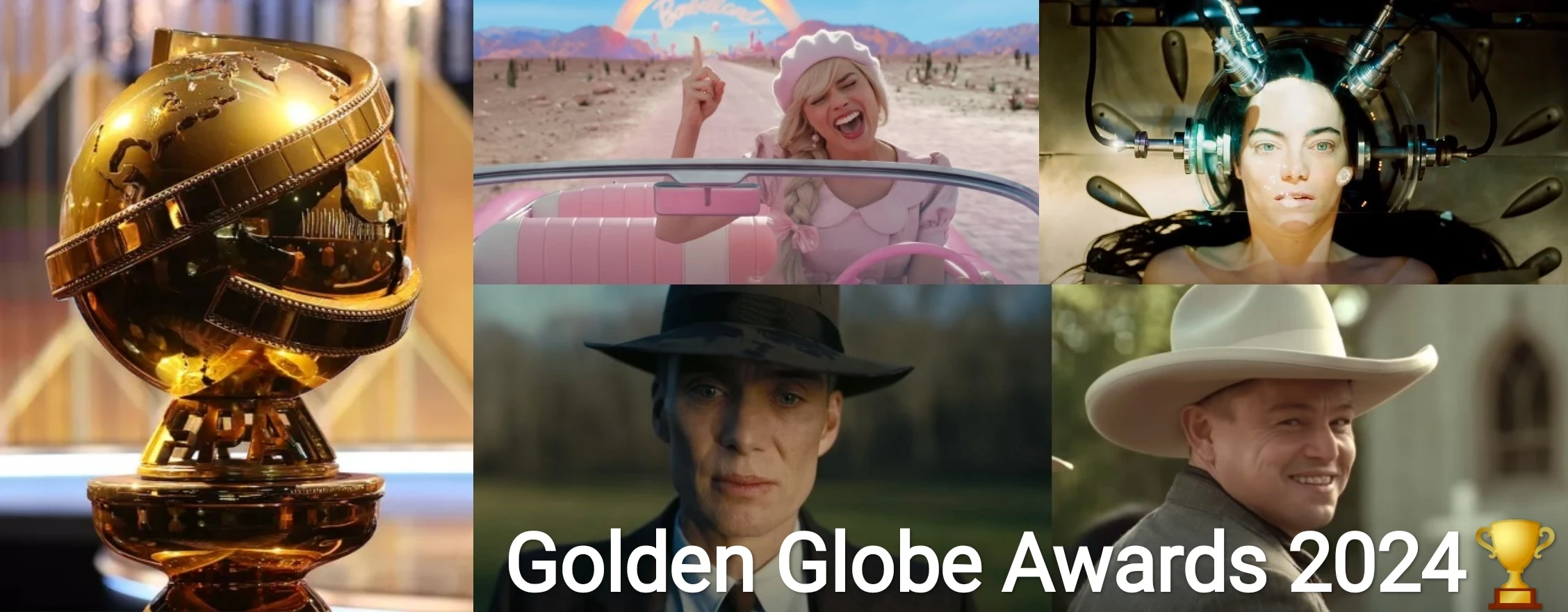US Judge’s Groundbreaking Decision Boosts Microsoft’s Takeover of Activision Blizzard: Unveiling the Largest Deal in Gaming Industry History
In a groundbreaking decision, a US judge has rejected a request from US regulators to block Microsoft’s takeover of major games publisher Activision Blizzard. This move has significantly boosted the chances of the merger, which is set to be the largest deal in gaming industry history. Let’s delve into the details of this high-stakes acquisition and its potential impact on the gaming landscape.
Table of Contents
1.Microsoft’s Bid for Activision: A Game-Changing Move
2.Regulators’ Objections: Gamers’ Concerns and Competition Issues
3.US Judge Rejects Regulators’ Request, Paving the Way for the Merger
4.European Union Approval and UK’s Ongoing Appeal
5.Microsoft’s Focus on Resolving UK Concerns
6.Microsoft’s Strive for Gaming Supremacy: Challenging Market Leaders
7.The Power of Activision Blizzard: A Gaming Empire
8.The Fate of the Call of Duty Franchise: Key Arguments
9.Microsoft’s Counterarguments: Ensuring Access and Benefits
10.Optimism from Activision Blizzard CEO: Consumer Benefits and Industry Competition
11.The FTC’s Potential Appeal and Parallel Administrative Court Challenge
12.The Future of the Merger: Implications and Further Steps
13.Conclusion: A Major Win for Microsoft, but the Battle Isn’t Over
Microsoft’s Bid for Activision: A Game-Changing Move
Microsoft’s ambitious plan to acquire major games publisher Activision Blizzard has sent shockwaves through the gaming industry. With the aim to expand its presence and influence in the gaming market, this potential merger has the potential to reshape the landscape.
Regulators’ Objections: Gamers’ Concerns and Competition Issues
US regulators raised concerns about the impact of the deal on gamers and competition. They argued that Microsoft’s ownership of Activision’s games could lead to restricted access for rival consoles, particularly Sony’s PlayStation.
US Judge Rejects Regulators’ Request, Paving the Way for the Merger
In a significant victory for Microsoft, a US judge, Jacqueline Scott Corley, ruled against the Federal Trade Commission’s (FTC) request to block the merger. Judge Scott Corley did not believe the regulator would succeed in its case and dismissed concerns about competition in the video game library subscription and cloud gaming markets.
European Union Approval and UK’s Ongoing Appeal
The merger has already received approval from the European Union, but the UK’s Competition and Markets Authority (CMA) is currently appealing the decision to block the takeover. Microsoft is now focused on resolving concerns raised by the UK regulator, particularly in the cloud gaming market.
Microsoft’s Focus on Resolving UK Concerns
President, Brad Smith, expressed gratitude for the quick US decision and emphasized the company’s dedication to addressing the UK regulator’s concerns. Both Microsoft and the CMA have agreed to put litigation on hold while exploring potential solutions.
Microsoft’s Strive for Gaming Supremacy: Challenging Market Leaders
With the merger, Microsoft aims to compete with market leaders such as PlayStation and Nintendo. The company has been heavily investing in gaming content to attract players to its platforms, including the popular Xbox console.

The Power of Activision Blizzard: A Gaming Empire
Activision Blizzard, the target of Microsoft’s acquisition, holds a significant position in the gaming industry. It is responsible for major titles like Call of Duty, World of Warcraft, Diablo, and Overwatch. Additionally, Activision Blizzard owns King, the mobile games developer behind Candy Crush.
The Fate of the Call of Duty Franchise: Key Arguments
The fate of the renowned Call of Duty franchise became a central point of contention in the regulatory debate. PlayStation’s boss, Jim Ryan, argued that Microsoft might restrict access to the series for PlayStation users. However, Microsoft countered by offering a 10-year licensing agreement to Sony, asserting that it made no financial sense to limit access to such a massive following.
Optimism from Activision Blizzard CEO: Consumer Benefits and Industry Competition
Activision Blizzard’s CEO, Bobby Kotick, expressed optimism after the ruling, highlighting the benefits for consumers and workers. He believes the merger will enable healthy competition in the rapidly growing gaming industry.
The FTC’s Potential Appeal and Parallel Administrative Court Challenge
While the US judge’s decision is a significant milestone, the FTC has the option to appeal. Furthermore, the FTC has initiated a parallel administrative court challenge, which adds another layer of complexity to the process.
The Future of the Merger: Implications and Further Steps
While the ruling in the US strengthens Microsoft’s position, there are still challenges ahead. The outcome of the UK’s ongoing appeal and the potential actions of the FTC will play crucial roles in determining the final fate of the merger.
Conclusion
Microsoft’s chances of taking over major games publisher Activision Blizzard have received a significant boost with the US judge rejecting regulators’ request to block the deal. Although hurdles remain, it remains optimistic about the future of the merger. The gaming industry eagerly awaits the final resolution of this high-profile acquisition.
FAQs
What does the merger mean for gamers?
The merger holds the potential for both positive and negative implications for gamers. It may lead to enhanced gaming experiences and cross-platform opportunities, but there are concerns about restricted access to certain games for rival consoles.
Will Microsoft restrict access to Call of Duty for PlayStation users?
Microsoft has offered a 10-year licensing agreement to Sony for the Call of Duty franchise, indicating its commitment to ensuring access for PlayStation users. Restricting access to such a popular series would not align with Microsoft's financial interests.
How will this merger affect competition in the gaming industry?
The merger has sparked debates about competition in the gaming industry. Regulators and stakeholders have voiced concerns about potential monopolistic practices, while Microsoft argues that the merger will foster healthy competition and benefit consumers.
What other major titles does Activision Blizzard own?
Activision Blizzard is responsible for a range of major titles, including World of Warcraft, Diablo, and Overwatch. The company's portfolio extends beyond these franchises, showcasing a diverse collection of popular games.
What happens if the FTC appeals the ruling?
If the FTC chooses to appeal the US judge's ruling, the legal process will continue, potentially leading to further hearings and deliberations. The outcome of the appeal will shape the future of the merger and its final approval or denial.
Thanks for Reading from Roshbytes and for latest trending news and updates follow us.




